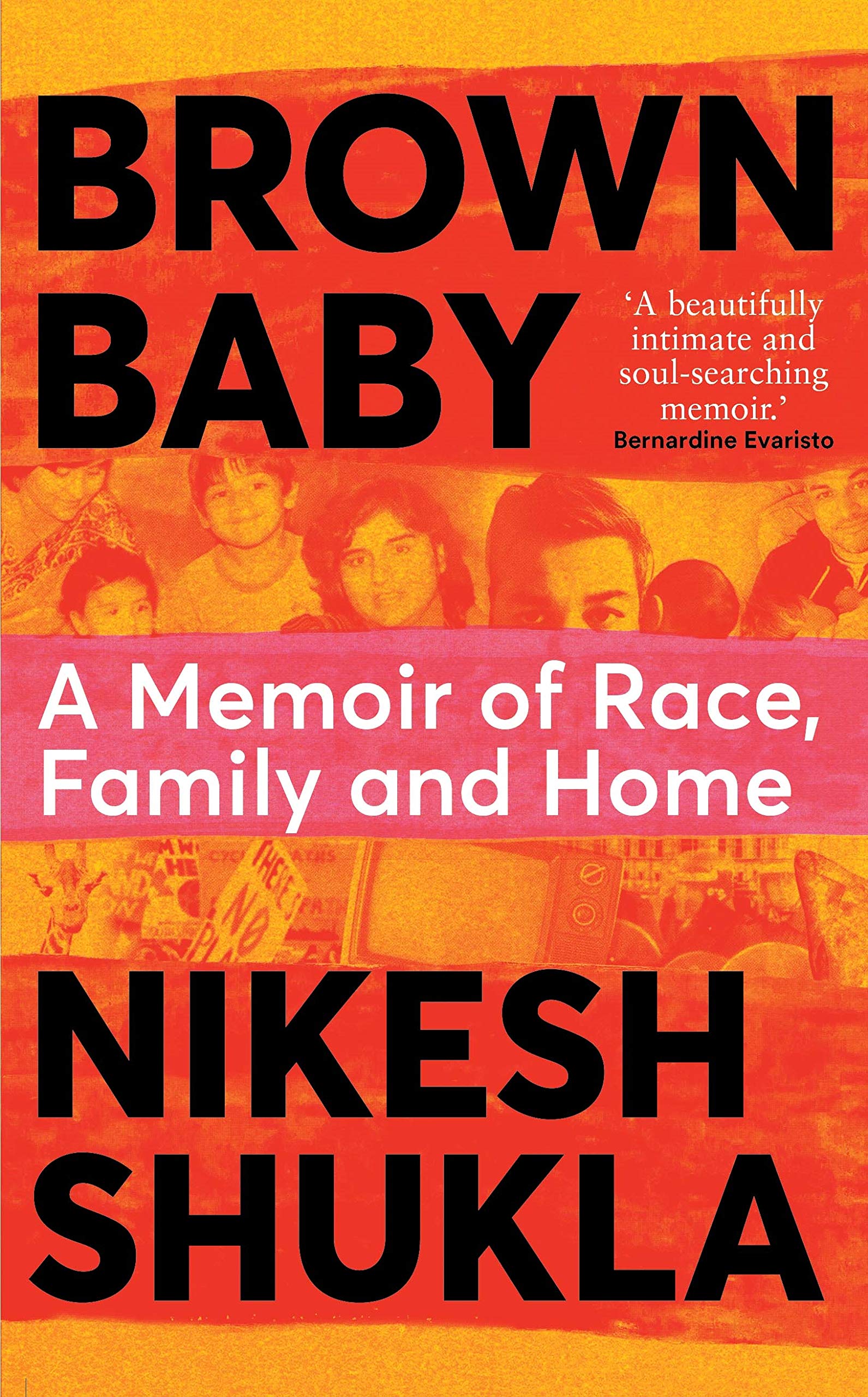The Observer
Raceless & Brown Baby


There is a newfound curiosity regarding the lives of mixed-race people since Meghan Markle married into the royal family in 2018. And though colourism has allowed for some of them to unofficially reign as the acceptable face of black experience for decades, they are now having a tell-all moment. I was worried that Raceless by Georgina Lawton might read like the clickbaity coming-of-blackness personal essay – “I found out I was Black. You wouldn’t believe what happened next” – but, thankfully, it’s much more delicate than that.
Lawton was brought up by white parents in Surrey, her brown skin attributed to a “throwback gene” from an olive-skinned ancestor. But when her father dies of cancer, she tests an old sample of his DNA and learns that she is not his. The book’s strengths have little to do with the details of her mother’s “shameful” one-night stand with a black man but, rather, the psychological effects of colourblind parenting. Raceless shows why love and care are not synonymous; that you can remove every mirror in the house, but it doesn’t change how the world will see you. With no acknowledgment of her blackness, Lawton is forced to become a spy in her own home, forensically examining memories, conversations, her parents’ body language when she asks, over the years, why she doesn’t look like them.
Lawton talks about a wide tooth comb her mother bought to manage her curly hair: “There were glimmers of recognition that suggested my parents were aware they were raising a black child.” Her parents’ failure to vocalise her otherness, leaving her to cling to random clues, renders blackness something so grotesque it can’t be named. Lawton was loved and doted on, but she was also emotionally abandoned, left to papier-mache together an identity from conversations with strangers, DNA tests and soul-searching trips to Brooklyn, Cuba and Nicaragua. When she describes the therapy sessions she later has with her tight-lipped mother about her years of silence and denial, she paints the atmosphere of the room with detailed intimacy, and the seething upset she feels at her mother’s unwillingness to open up chars the page.
What’s missing is a deeper analysis of the desire for whiteness beyond blending into the family portrait. We hear about her avoiding the sun because she’s afraid of getting too dark, her thirst for her brother’s freckles, her wish for bone-straight hair. But whiteness isn’t just a shrine of beauty standards – proximity to it provides social mobility, better career prospects, financial security, safety. Whiteness isn’t just physical appearance. It’s currency.
Nikesh Shukla is an Indian father who is desperate not to let his mixed-race child identify as white. “Is that wrong?” he asks his daughter, Ganga, whom he beautifully addresses in his book. Brown Baby is a funny look into “feminist woke fatherhood” and the growing up that parents do alongside their children. He teaches his daughter (and himself) how to eat well, how to love your skin colour, how to care for the planet. It’s also a moving odyssey about coming to terms with death.
Shukla evokes his mother’s memory throughout, detailing weird and wonderful rituals he practises to try to connect with her, like buying everything on a shopping list left behind in her handbag. In his new Bristol home, he tries to recreate her beloved khichdi, a dish of rice and lentils, using the yellow pan she cooked his meals in as a child. He ends up burning the food, his arm and the pan, but the smell of cumin and burnt mustard seeds and garlic and onion that fills the kitchen is enough to make him feel like he is at home again.
Brown Baby straddles the mundanities and the extremes of parenting as a brown father, from an exhausting attempt at a sleep schedule to he and his youngest daughter being called “shit-skins” while on holiday. A woman’s dog licks his youngest daughter’s face and Shukla lifts and moves the animal away by its collar. “At least my dog is clean. Unlike you,” the woman spits. Brown Baby is devastating in such moments – a reminder that no matter how many times someone has been racially abused (Shukla was called a shit-skin at school, too), they’ll still end up “horrifically drunk” and crying on the toilet each and every time.
Interracial dating has long been proclaimed as the answer to racism. A brown baby is the powerful coming together of two worlds (interestingly, it’s never black and Asian babies seen as the symbol of utopia, always half-white ones). This is exemplified in an early morning scene when a tired Shukla is out with an unsettled Ganga and a group of clubbers catch sight of them. “That is a cute baby. Is she mixed race?” a girl asks, before hailing her as “our future”. Shukla himself has written about this in articles – that racism will not be solved by the creation of more mixed-race babies – yet he doesn’t inform the drugged-up ravers (or readers of this book) that the future should have no preferred shade or genealogy. And those missing words about why we shouldn’t elect mixed-race people as saviours leaves an absence in an otherwise thoughtful and affecting book.